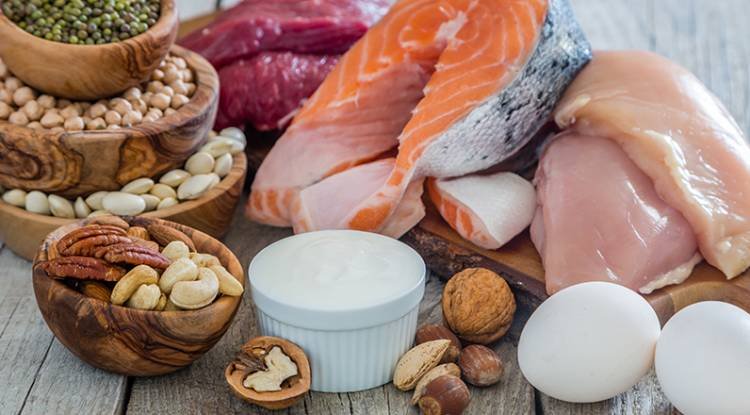The Role of Amino Acids in Muscle Growth for Bodybuilding: A Scientific Guide
Introduction
Bodybuilding is a physically demanding sport that requires strength, endurance, and discipline. To build muscle, bodybuilders need to follow a strict workout regimen and maintain a balanced diet. Amino acids, the building blocks of protein, play a crucial role in muscle growth and recovery. In this blog post, we will discuss the different types of amino acids, their functions in the body, and how they can help bodybuilders achieve their fitness goals.
Section 1: What are Amino Acids?
Amino acids are organic compounds that make up protein, which is essential for building and repairing tissues in the body. There are 20 different types of amino acids that can be classified as essential, non-essential, and conditional. Essential amino acids cannot be produced by the body and must be obtained through diet. Non-essential amino acids can be produced by the body, while conditional amino acids are only needed during times of stress or illness.
Section 2: The Role of Amino Acids in Muscle Growth
Protein is essential for muscle growth, and amino acids are the building blocks of protein. Amino acids help to stimulate muscle protein synthesis, which is the process of building new muscle tissue. Essential amino acids, particularly leucine, play a critical role in muscle protein synthesis. Leucine stimulates the protein synthesis pathway in the body, which helps to increase muscle mass.
Section 3: Amino Acids for Muscle Recovery
Muscle recovery is an essential part of bodybuilding. Amino acids can help to reduce muscle damage and speed up recovery time. Branched-chain amino acids (BCAAs), particularly leucine, isoleucine, and valine, have been shown to help reduce muscle soreness and improve recovery time after exercise.
Section 4: Best Sources of Amino Acids for Bodybuilding
To build muscle and support muscle recovery, bodybuilders need to consume adequate amounts of protein and amino acids. The best sources of amino acids are animal-based proteins such as meat, poultry, fish, eggs, and dairy products. Plant-based protein sources such as beans, legumes, nuts, and seeds also contain amino acids, but they may be lower in certain essential amino acids.
Conclusion
In conclusion, amino acids play a crucial role in muscle growth and recovery for bodybuilders. Essential amino acids, particularly leucine, stimulate muscle protein synthesis and can help to increase muscle mass. Branched-chain amino acids (BCAAs) can also help to reduce muscle damage and speed up recovery time. Bodybuilders should consume adequate amounts of protein and amino acids from animal-based and plant-based sources to support their fitness goals.
Bodybuilding Picture Trivia Game




